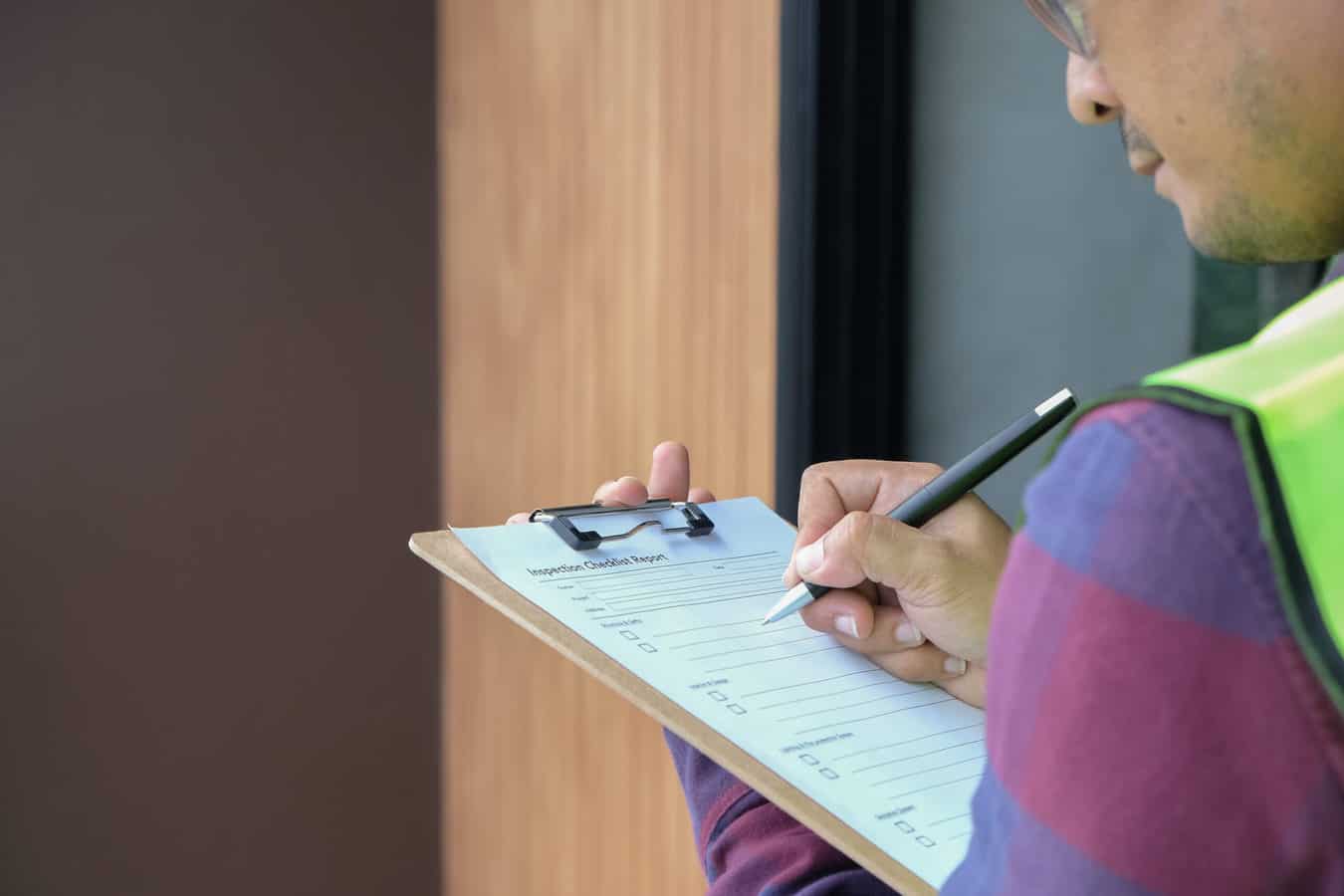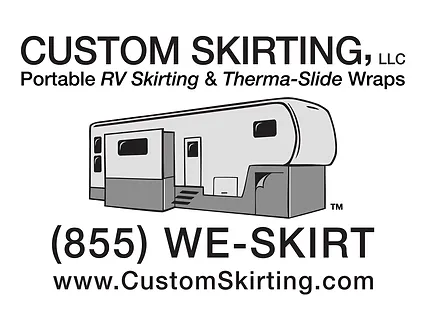
What Is an RV Inspection: Everything You Need to Know
Table of contents
In the world of recreational vehicles, RV inspections play a crucial role in ensuring the safety, functionality, and longevity of your cherished home on wheels. Whether you own a motorhome, travel trailer, or camper, understanding the ins and outs of RV inspections is essential. In this comprehensive guide, we will delve into the world of RV inspections, exploring their purpose, types, the inspection process, the checklist of items examined, and the benefits of professional inspections. So, if you’re considering hitting the open road or just want to maintain your RV in top condition, read on to discover everything you need to know about RV inspections.
The Purpose of RV Inspections
RV inspections serve as a vital tool for RV owners and buyers alike. They are designed to ensure that the RV is in good working condition, free from safety hazards, and ready for your next adventure. Whether you’re a seasoned RVer or a first-time buyer, a camper inspection can provide peace of mind and uncover issues that may not be apparent during a casual walkthrough.
The primary objectives of RV inspections include:
- Safety Assurance: RVs are essentially homes on wheels, and just like your house, they should be free from potential safety hazards. Inspectors thoroughly examine the trailer to identify and address any issues that could pose risks to those using the vehicle.
- Functionality: Verifying that all systems and components are in good working order, from electrical and plumbing to the chassis and appliances.
- Prevention: Identifying and addressing potential problems before they become major, costly issues.
- Compliance: Ensuring that the RV complies with industry standards and regulations, such as those set by the RV Industry Association (RVIA).
The purpose of RV inspections is to guarantee that an RV is safe, functional, compliant with industry standards, and free from potential issues that could compromise its performance and longevity. Whether you’re a prospective buyer looking for a reliable RV or an owner seeking to maintain the condition of your home on wheels, RV inspections provide invaluable peace of mind and serve as a crucial tool in RV ownership and maintenance.
Types of RV Inspections
There are two primary types of RV inspections: pre-purchase inspections and routine maintenance inspections. Each serves a distinct purpose in the life of an RV owner.
1. Pre-Purchase Inspections:
Before purchasing a new or used RV, it’s essential to have a pre-purchase inspection conducted by a qualified inspector. This thorough examination helps potential buyers make informed decisions about the condition of the RV. A pre-purchase inspection includes a detailed assessment of the RV’s overall condition, identifying any existing problems or potential issues that might not be apparent to the untrained eye.
2. Routine Maintenance Inspections:
Routine maintenance inspections are periodic check-ups conducted on your RV to ensure that it remains in optimal condition. These inspections help you catch minor problems before they escalate into major, costly repairs. Routine maintenance inspections should be part of your regular trailer care and can help extend the life of your vehicle.
What to Expect During an RV Inspection

During an RV inspection, a qualified inspector will follow a systematic process to evaluate the various components of your trailer. Here’s what you can expect during the inspection:
1. Chassis Inspection:
- The inspector will examine the chassis and frame for signs of wear, rust, or damage.
- They’ll check the tires for proper inflation, tread depth, and signs of uneven wear.
- Suspension and braking systems will be assessed for safety and functionality.
2. Electrical Systems:
- The electrical system of your trailer, including the battery, converter, and inverter, will be in the inspection.
- All outlets, switches, and appliances will be tested for proper operation.
- Wiring and connections will be checked for safety and compliance.
3. Plumbing Systems:
- The water and sewer systems will be thoroughly inspected for leaks, damage, and proper functionality.
- The water pump, faucets, toilets, and hot water heater will be checked.
- The grey and black water tanks will be assessed for any issues.
4. Appliances:
- All appliances, such as the refrigerator, stove, oven, microwave, and HVAC system, will be tested.
- Gas lines and connections will be examined for safety.
5. Interior and Exterior:
- The interior and exterior of the RV will be inspected for signs of damage, wear, and water infiltration.
- Seals, caulking, and seams will be checked for integrity.
- Slides and awnings will be tested for proper operation.
6. Safety Features:
- Safety features like smoke detectors, carbon monoxide detectors, and fire extinguishers will be inspected.
- The propane system will be checked for leaks and functionality.
7. Documentation:
- The inspector will provide a detailed report outlining their findings, which can be used for negotiation, insurance purposes, or as a reference for future maintenance.
RV Inspection Checklist
A comprehensive RV inspection checklist is essential for ensuring that every aspect of your trailer is examined thoroughly. Here’s a condensed checklist of items that are typically inspected during an RV inspection:
Chassis:
- Frame and undercarriage condition.
- Tire condition and pressure.
- Braking and suspension systems.
Electrical Systems:
- Battery condition.
- Converter and inverter functionality.
- Electrical outlets and switches.
- Appliances and lighting.
Plumbing Systems:
- Water pump operation.
- Faucets and water lines.
- Toilets and holding tanks.
- Hot water heater functionality.
Appliances:
- Refrigerator, stove, oven, microwave.
- Heating and cooling systems.
- Gas lines and connections.
Interior and Exterior:
- Interior walls, ceilings, and floors.
- Exterior for signs of damage or water infiltration.
- Seals, caulking, and seams.
- Slides and awnings.
Safety Features:
- Smoke detectors.
- Carbon monoxide detectors.
- Fire extinguishers.
- Propane system safety.
Benefits of Professional RV Inspections

The benefits of professional Camper inspections are manifold and can save you both time and money in the long run. Here are some common issues that can be identified through inspections:
- Prevention of Costly Repairs: By catching issues early, you can address them before they become major, expensive repairs.
- Enhanced Safety: Inspections ensure that your RV is safe for travel, reducing the risk of accidents or hazards.
- Compliance: Compliance with industry standards and regulations helps maintain the value of your RV and ensures it meets all safety requirements.
- Peace of Mind: A well-documented inspection report provides peace of mind, allowing you to enjoy your RV adventures without worry.
- Negotiating Power: If you’re buying or selling an RV, an inspection report can be used for negotiation and to establish fair market value.
- Insurance and Warranty: An inspection report may be required by insurance companies and can be useful in warranty claims.
If you’re an RV enthusiast, protecting your investment is paramount. Once you’ve completed your camper inspection, consider exploring custom skirting solutions to safeguard your RV during the harsh winter weather and keep it in great condition year-round.
Upgrade Your RV Protection: Explore Custom Skirting Solutions Today!
At Custom Skirting, we understand the importance of protecting your RV. Our custom skirting solutions are designed to provide unparalleled protection, specifically tailored to your RV. We use an exclusive “No-Snap, No-Gap” channel system that effectively seals out water, snow, and wind better than any other product on the market. With over a decade of testing and improvements, our skirting has faced the harshest winters across the northern United States and Canada, emerging as the top choice for RV enthusiasts.
